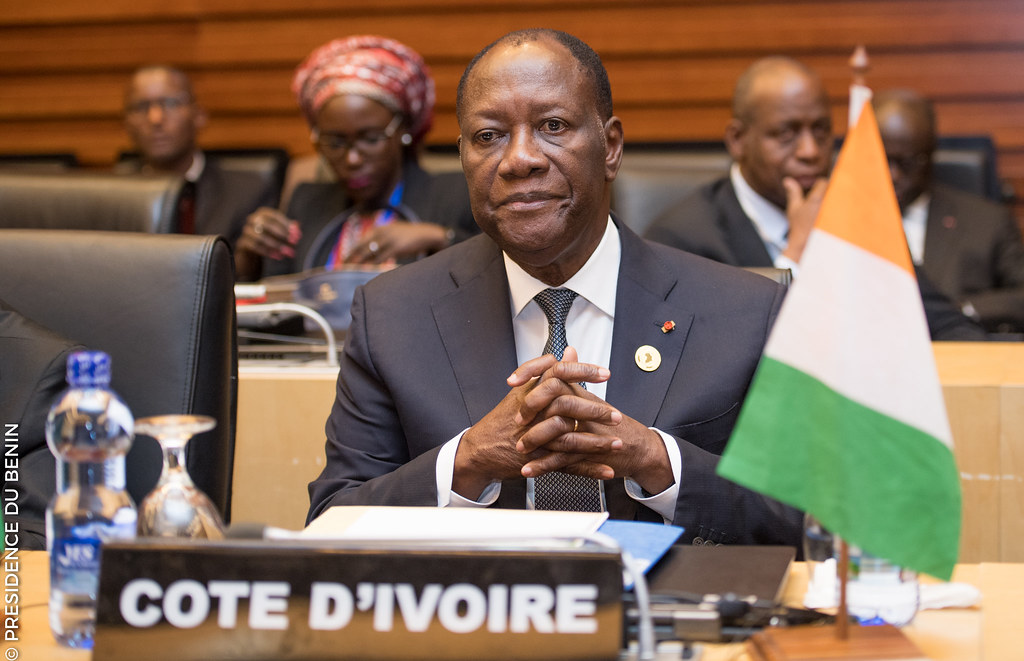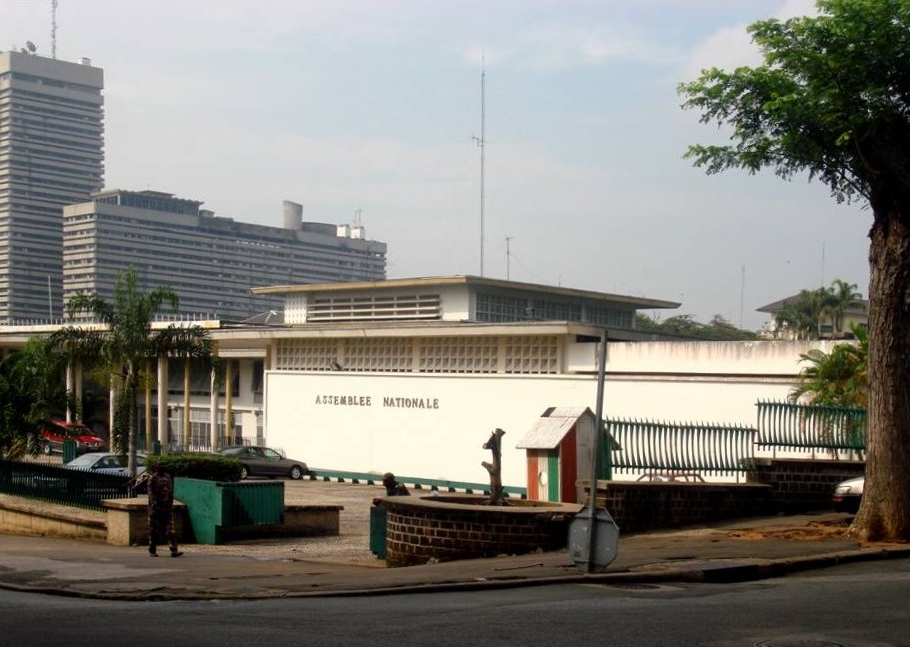The Political And Legal Environment in Cote d'lvoire
Cote d'Ivoire got independence from France on 7 August 1960. It is a presidential republic, properly known as the Republic of Cote d'Ivoire, formerly the Ivory Coast.
Constitution was adopted previously in 1960, and 2000; the latest draft was completed on 24 September 2016, approved by the National Assembly on 11 October 2016, approved by referendum on 30 October 2016, and promulgated on 8 November 2016: 1976.
- The president is directly elected by absolute majority popular vote in 2 rounds if needed for a single renewable 5-year term.
- Cote d’Ivoire political stability index score from 1996-2020 is -0.95 ranking 34th in Africa and 160th globally (2021).
- Cote d’Ivoire’s overall Rule of Law Index score is.049, ranked 136th out of 192 globally and number 26 out of 53 regional African countries in the year 2021.
- Practices English common law; judicial review of legislative acts limited to matters of interpretation.
- Cote d’Ivoire’s Human Freedom Score is 6.9/10 with a global ranking of 95 out of 165.
- Its Regulatory Quality Index rating (1996-2020) is -.28 points, ranked 11th in Africa and 110th globally.
- Cote d’Ivoire has a political right index of 4 (weak rights), ranking 34 in Africa and 75 globally (1973-2020).
- Cote d’Ivoire has a Corruption Perceptions Index score of 36 (considerate amount) , ranked 105 out of 180 globally (2021).

President Alassane Dramane OUATTARA (since 4 December 2010)

Cote d'Ivoire bicameral Parliament consists of
- Senate or Senat (99 seats; 66 members indirectly elected by the National Assembly and members of municipal, autonomous districts, and regional councils, and 33 members appointed by the president; members serve 5-year terms).
- National Assembly, there are 255 seats – 254 for the 2021-2026 term.
- Members directly elected in single- and multi-seat constituencies by simple majority vote to serve 5-year terms.
- There are 12 Administrative divisions or districts in Cote d’lvoire.
- 14.17% of seats held in the national parliament are women, the 145th lowest globally and the 37th in Africa (2021).


